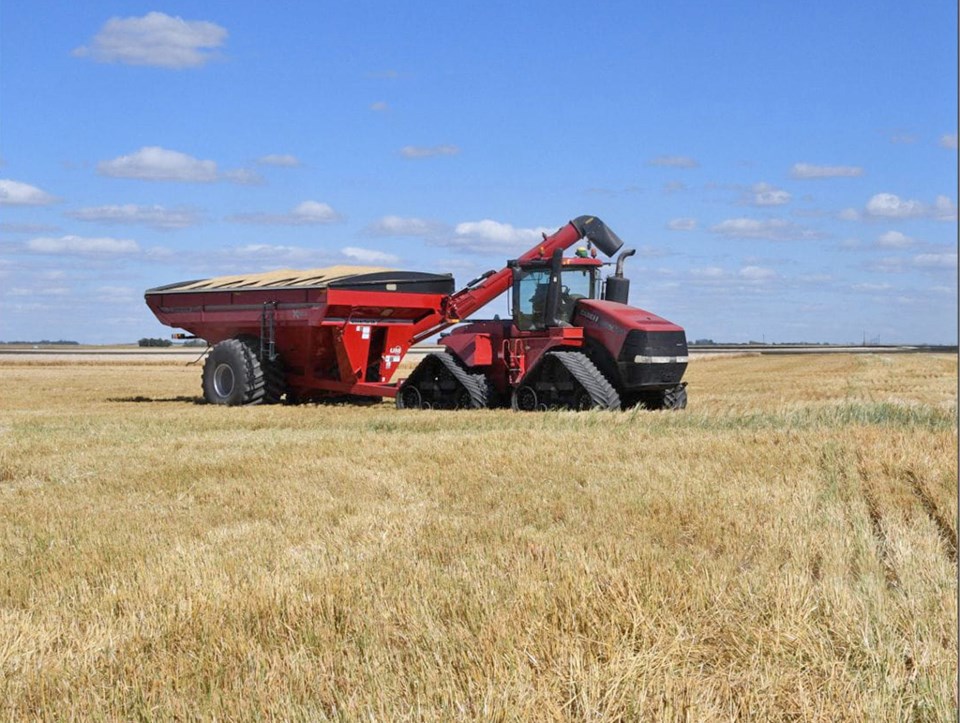YORKTON - The idea of free trade is a great one – something all countries should aspire to.
It’s a rather common sense approach that products should be produced where that production is at its lowest cost and then those products flow to markets which need them. There are of course some caveats, reasonable working conditions for example. Low cost production should never be because workers suffer as example.
But things СŔ¶ĘÓƵ generally even then low cost of production should matter.
Now in terms of agriculture there is another factor at play and that is self sufficiency in terms of food production. It would be nice that the world were at a point you could always rely on other countries for food supplies, that would allow freer trade to happen naturally.
But too often a change in government, a disagreement flaring into armed conflict, and even factors such as ocean freight rates make relying too heavily on food imports is a risk.
Still, certainly most countries at least talk a good game regarding free trade, but frankly it is only a good idea until such time a country deems it politically expedient to bolster a segment of its economy with protection tariffs or payouts, or a country seeks some sort of leverage against another.
It’s just too often that countries stray from those ideals usually because of politics.
Certainly Canadian farmers appear to be right in the cross hairs of such a situation right now.
This time it appears Canada started the dispute as Prime Minister Justin Trudeau announced a 100 per cent surtax to be levied on all Chinese-made electric vehicles effective Oct. 1, 2024. The move is basically a lockstep reaction to an earlier decision in the U.S..
The move is rather interesting in the sense it seems to be counter to a general desire to see a move to more EVs on Canadian roads. The tariff will make EVs more costly, and not just for those imported from China. EVs from other countries can quite obviously hike prices because the Chinese made ones are no longer holding prices down.
And of course Canada could not have made the tariff decision without knowing China would retaliate.
Canada sends significant exports to China including canola and pork, and both are likely to face barriers to trade moving forward as the EV situation plays out in political backrooms.
The situation is not new – where Canadian farmers end up seeing access to their natural markets impeded – and it won’t be the last, and that is ultimately the mirage of free trade existing in a form other than an unattainable panacea.






